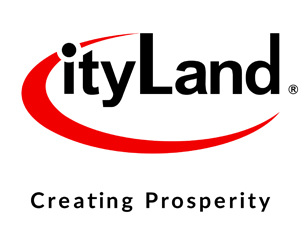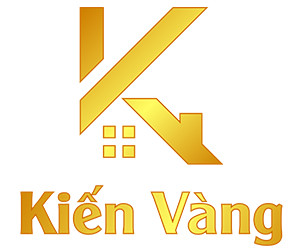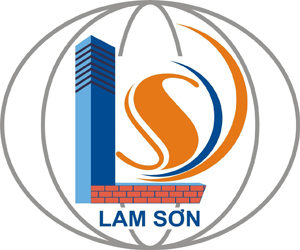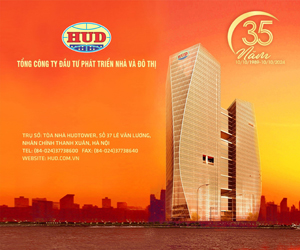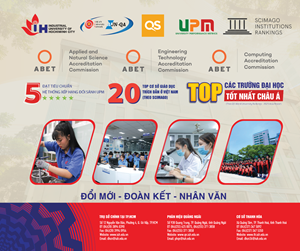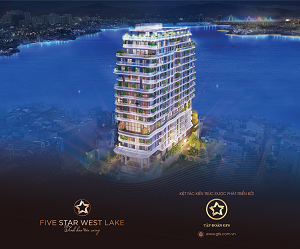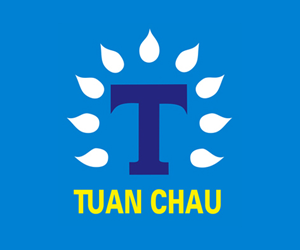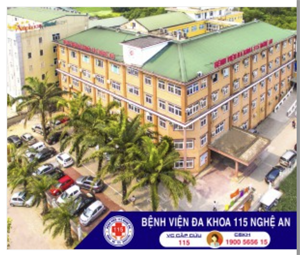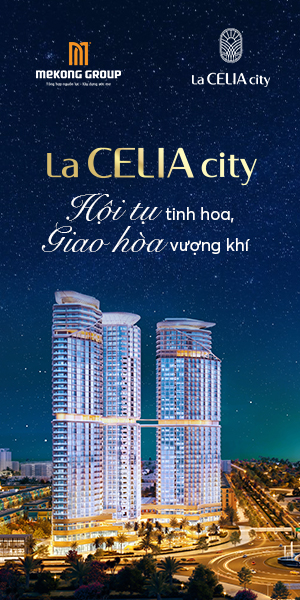A new housing plan to 2020 that will improve city landscapes and quality of life for its residents has been approved by HCM City authorities.
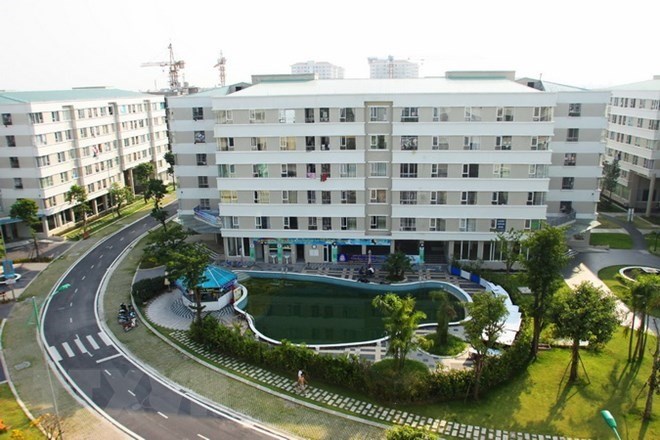
The HCM City People’s Committee has approved a new housing plan to 2020 that will beautify the city and improve the quality of life for residents. (Photo: VNA)
Under the plan, at least 50 percent of 474 apartment buildings built before 1975 will be replaced. No new housing projects in districts 1 and 3 will be allowed.
Vice Chairman of the People’s Committee Tran Vinh Tuyen said the two districts would select investors to replace four apartment buildings now in disrepair.
Authorities would also limit new housing projects in districts 4, 5, 6, 8, 10, 11, Binh Thanh, Go Vap, Phu Nhuan, Tan Binh and Tan Phu, if those districts did not have infrastructure development plans.
Under the plan, districts 2, 7, 9, 12, Binh Tan and Thu Duc will give priority to new housing projects and apartment buildings along metro routes or areas with new or upgraded traffic infrastructure.
Binh Chanh, Hoc Mon, Nha Be, Cu Chi, and Can Gio have been told to withdraw investment licences of delayed projects.
They will give priority to housing projects in towns, rural residential areas, and areas with infrastructure linked with key traffic routes. New tourism areas and urban satellite areas will also be developed.
In addition, the city will continue to remove makeshift houses on or along canals. More than 21,000 of these houses still exist, following removal of nearly 40,000 of them.
The city needs 50 trillion VND (2.1 billion USD) to help these households move and resettle.
The city also will upgrade existing residential areas as part of urban renovation and development, and will continue developing new modern urban areas.
Commercial (or privately built) housing projects will also be developed to meet increasing demand.
More social housing projects will also be built to ensure that people under social housing coverage have a place to live.
The social housing areas will increase by 2.2 million sq.m of floor space, with 10,000 more accommodations for low-income people and 10,000 for people who have had to move due to construction projects and resettle.
As many as 35,000 new rental accommodations with a total of 350,000 sq.m of floor space will be built for workers.
In addition, 6,750 accommodations with a total of 74,000 sq.m of floor space will be built for students to rent.
The city plans to raise the minimum average floor space per person to 16.3 sq.m in urban areas and 20.9 sq.m in rural areas.
Capital needed for social and commercial housing will amount to 316.8 trillion VND (13.6 billion USD).
Part of the capital for public social housing projects will be from the city’s budget, while capital for commercial housing will be raised from enterprises and credit institutions, including banks.
The People’s Committee has instructed the Department of Natural Resources and Environment to resolve housing projects that have been delayed for three years or more.
The committee has also asked local authorities to improve management and stop people from illegally taking land, and misusing the land purpose.
It also ordered inspectors to closely oversee state organisations’ land management and impose severe punishment on violators at these organisations.
VNA
Theo





























